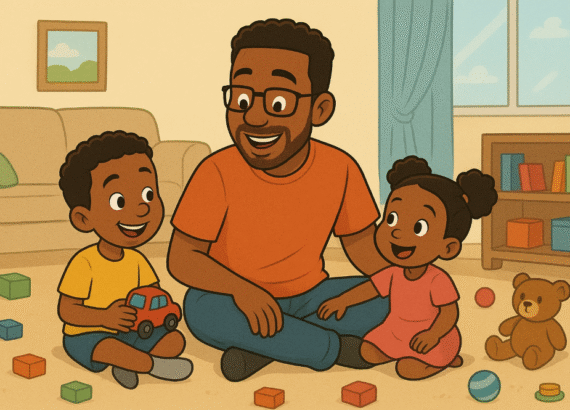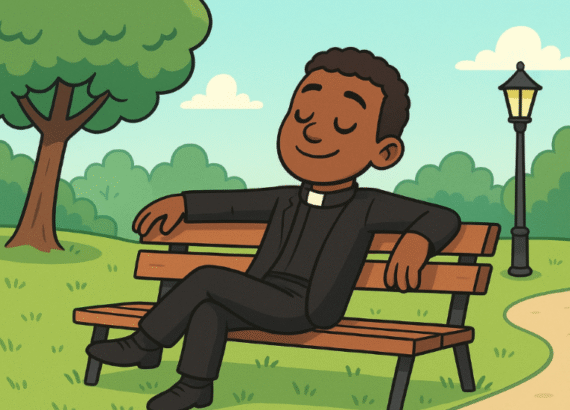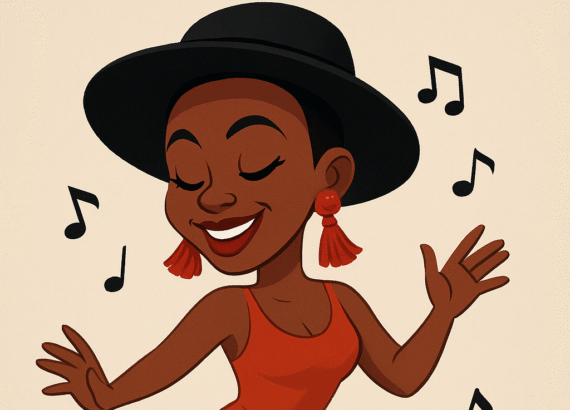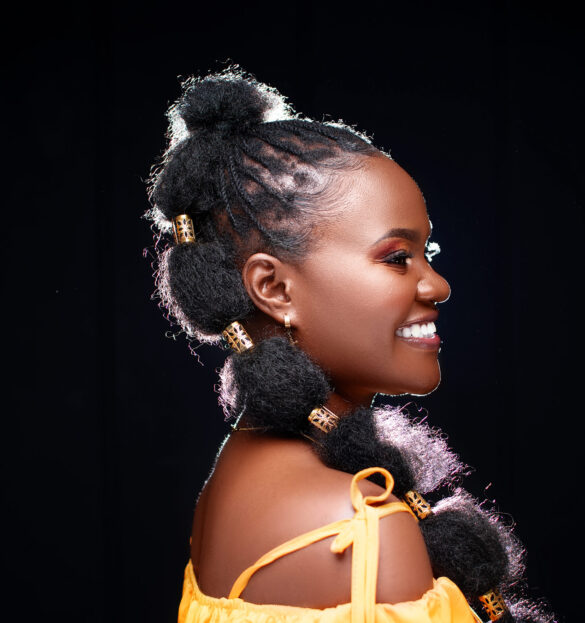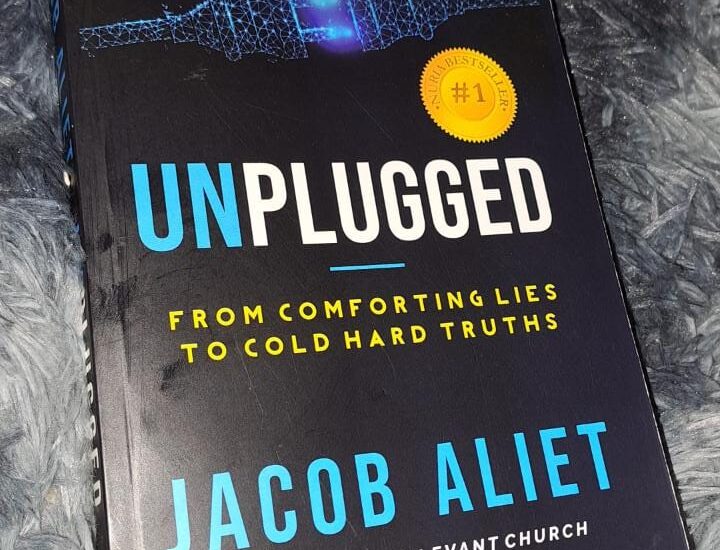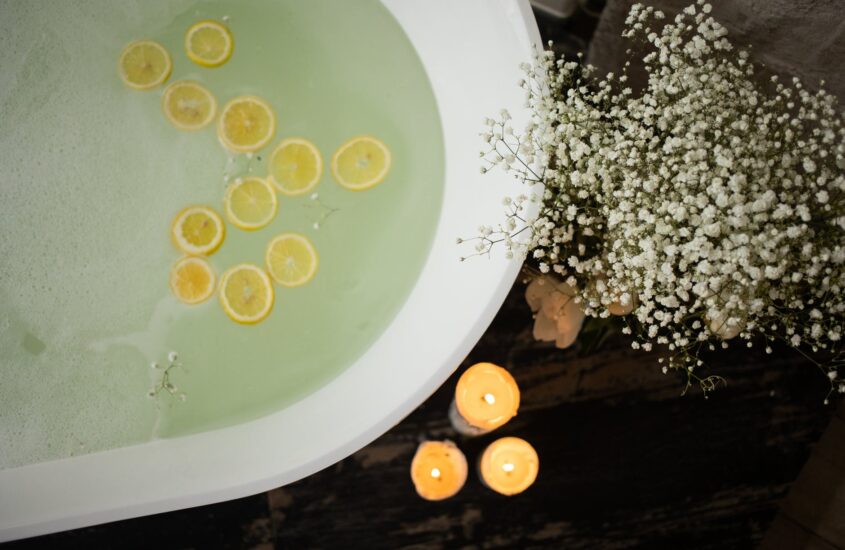The things we don’t tell our parents…

“What it's like to be a parent: It's one of the hardest things you'll ever do but in exchange it teaches you the meaning of unconditional love.”
― Nicholas Sparks, The Wedding
Our first crushes. The first-time boys looked at us, and we looked at them and felt something. It didn’t seem real. It didn’t even make sense to us, and we barely noticed it. After all, of most of our classmates, we were the one with the slowest growth process. Really, what was there to see? No boobs, no hips. Not when the boy changed his seat to be close to us. Not when he suddenly laughed harder at our jokes. Not when he threatened anyone who wanted to pick on us. Boys were bad. There could be no innocence in such friendships. So, we didn’t share it with our parents.
Our first heartbreak. And the next ones that followed. The first time we felt short of breath because of someone’s actions or words. The first time we felt crushed, breathless. The first time we felt pressure on our lungs. The first time we cried and couldn’t understand why but felt such immense relief after. We don’t tell our parents about the pains of broken friendships and lost feelings. We don’t talk about the pain we felt, and still feel when the ones we meet and hold dear become strangers. Worst of all, we don’t tell our parents when they break our hearts.
Our passion. Maybe we did while growing up. Maybe we talked about what and who we wanted to be when we grew up. Doctors. Lawyers. Engineers. Pilots. But it was just a child’s dream, yes? Maybe we talked about what made us happy. Singing. Dancing. Reading. Writing. Sports. Maybe we did. But studies came first, yes? Maybe we stopped talking about them. Maybe we conformed to the expectations that were oh so hushly whispered. Maybe we waited until age, time, and freedom was on our side. Then we pursued our dreams, our passions. And now, we just don’t talk about it. We pursue. We risk. We fail. We risk again. We reap the harvest.
Our opinion. Whatever topic it is, we don’t tell our parents our opinion. More so a contradiction. Religion. Family. Politics. Maybe we discuss these. Maybe we mention general views. Maybe we agree with them. Maybe we get diplomatic and say, ‘To each their own’. Maybe we test the waters and speak our differing opinions. How does that go?
Our memories. They say a child starts retaining memory at the age of five. Anything before that is easily forgotten, and things after that are mostly retained. The good. The bad. The ugly. Whatever it is, we don’t tell our parents. We don’t tell them we remember the strange man who walked into the house when we were young and refused to leave. We don’t tell them we remember the first dead body we saw at age six because the class teacher insisted all students must attend the burial of a local leader. We don’t tell them we sometimes remember the nightmares we had for weeks after that. For the good memories, we sometimes tell them. The birthdays. The games. The fun days at the park. Christmas mornings in the village. Long drives across counties. Cartoons. School, sometimes. These we sometimes say. Our memories keep getting washed away as we grow older but some stick. The bad and the ugly, however, seem to outnumber the good. And we don’t talk about them.
Our experience with the house helps. What we saw them do. What they did to us. What they made us do. We don’t tell our parents, not because we don’t want to. There really isn’t a reason for not mentioning these. We just didn’t then, and we don’t now. We move on.
Our friends’ names. When we were younger, we didn’t tell them because even we didn’t know their names, we just played. When we grew up, we didn’t tell them because whenever we did, they forgot. Then we didn’t tell them probably for fear of their approval. It didn’t matter that we had great friends, we just didn’t talk about them. Now when we tell them, they still forget. And we understand. So, we don’t tell them.
Our guilty pleasures. Now, why and how would we even start this conversation? Truly.
Our love for them. We feel it. But we don’t say it. It is not in our culture. It is not how we were raised. It is weird. It is cringey. Whatever reason / excuse we come up with, we still don’t tell our parents we love them. How sad.
Above all these, we do not say thank you.
